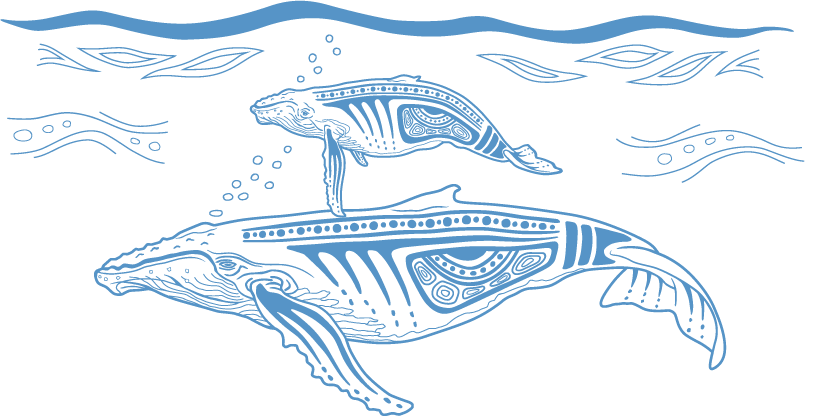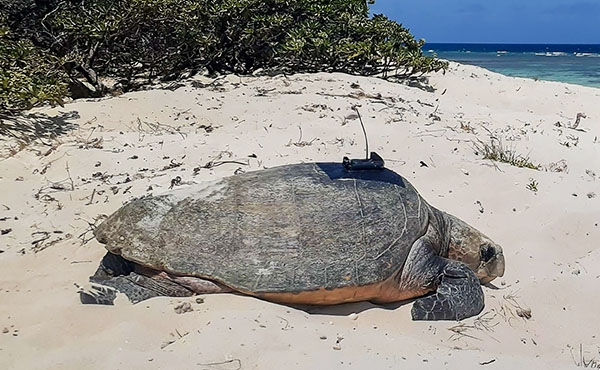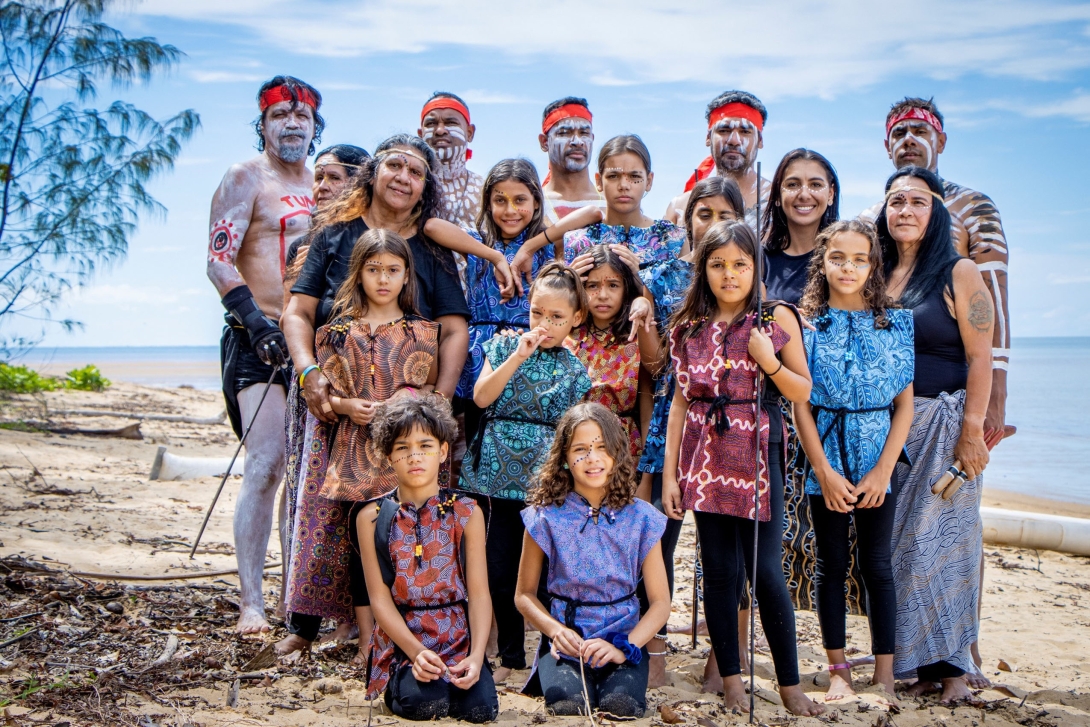Management
The Mandubarra people are engaged in formal management arrangements under Australian and Queensland government statutes for their Land and Sea Country. Mandubarra Sea Country is managed under the Mandubarra Traditional Use of Marine Resources Agreement. The marine resource agreement, which began in 2018 for a period of 10 years, is an accredited statutory agreement developed by the Mandubarra people in partnership with the Reef Authority. It recognises traditional lore, customs, cultural authority and boundaries over Sea Country estate, and it allows for collaborative partnerships and co-management of this area.
The Sea Country Cultural Values plan supports the marine resources agreement through the provision of shareable cultural knowledge and the aspirations of Mandubarra people for managing Country and Sea Country with partners. This plan was delivered as part of the implementation of the Aboriginal and Torres Strait Islander Heritage Strategy for the Great Barrier Reef Marine Park, released by the Reef Authority in 2019. It was developed in a way that protects sensitive cultural knowledge while enabling the Reef Authority to better support and partner the Mandubarra people in fulfilling their custodial obligations and responsibilities for protecting their Sea Country.
The Mandubarra Land and Sea Rangers program,2147 was established in 2022 to look after Mandubarra Sea Country, including monitoring, compliance and threatened species management on sea country within Mandubarra Land and Sea Country. The rangers support the marine resource agreement with knowledge sharing through junior rangers, on-country activities and experiences and community days. An important aspect of their role is protecting, restoring and maintaining cultural sites (middens, fish traps, occupation sites and burial sites), and maintaining the cultural heritage database and records under the cultural values plan.
Evidence for recovery or decline
Mandubarra Traditional Owners have ongoing custodial responsibilities for, and customary obligations towards, Mandubarra Sea Country and for the culturally significant and other native species which inhabit Sea Country. Successful mapping of shareable cultural values for the Sea Country Cultural Values plan occurred in 2020.
Mandubarra Traditional Owners have compiled their own internal, restricted-access cultural heritage database to record site-specific traditional knowledge, imagery, condition reports and monitoring data. This database is directly managed by Mandubarra Aboriginal Land and Sea Inc.
“This resource has created an educational awareness tool to promote the significance and the importance of protecting our cultural values on our Sea Country. Through education and community awareness programs, community is supporting and engaging in our activities and aspirations. We feel we are moving forward together” (Mandubarra Traditional Owners).2148
Knowledge shared with management partners has broadened the capacity for protecting important sites, many of which are listed Mandubarra cultural heritage sites under the Aboriginal Cultural Heritage Act 2003 (Qld) and included on the Aboriginal Cultural Heritage Database and Register maintained by the Queensland Government.
“The documentation and sharing of cultural information has been a success. However, there needs to be more authority for sole decision-making on our Country. The Mandubarra people’s aspirations is to manage our reefs including the authority to make decisions to look after our Country through closures, rezoning and other management tools, such as Native Title over our Sea Country.” (Mandubarra Traditional Owners).2148



